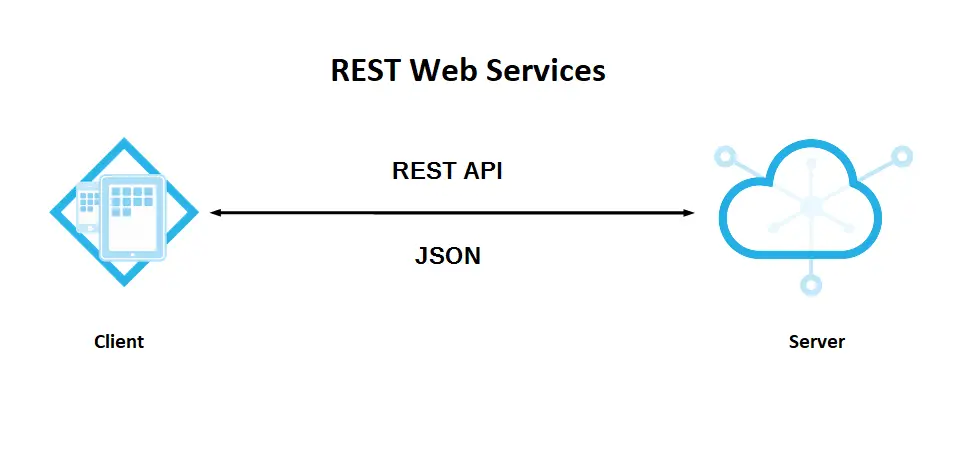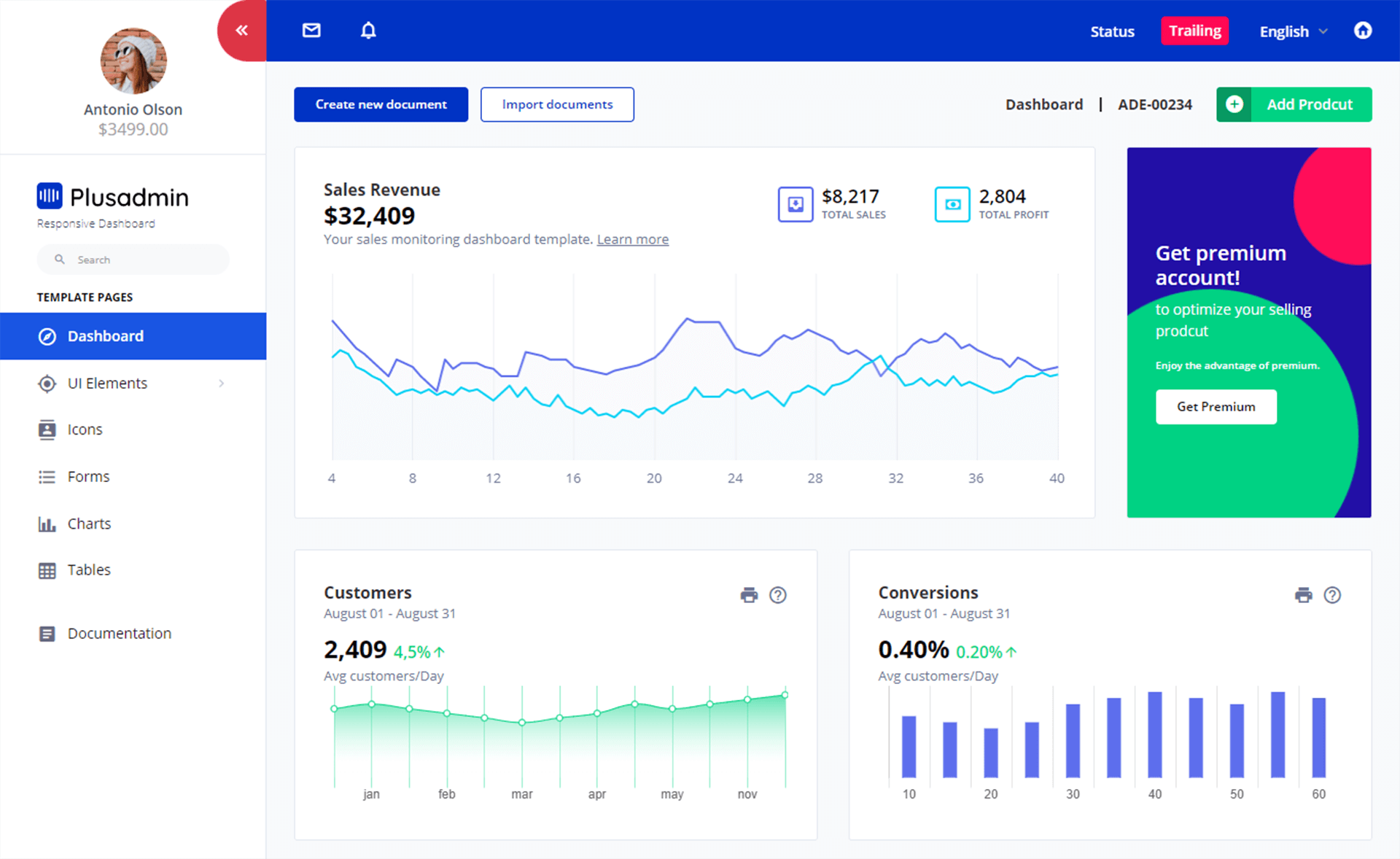How to Turn off lazy loading for all entities in Entity Framework
By Tan Lee Published on Feb 16, 2024 1.17K
Lazy loading is a feature that automatically loads related entities from the database when they are accessed for the first time. However, it can sometimes lead to performance problems, such as the N+1 query problem.
How to turn off lazy loading in Entity Framework Core and Entity Framework
In EF6, lazy loading is enabled by default but can be turned off by setting the LazyLoadingEnabled property of the DbContext.
Set the LazyLoadingEnabled property of your DbContext to false in the constructor or configuration.
public class ApplicationDbContext : DbContext
{
public ApplicationDbContext()
{
this.Configuration.LazyLoadingEnabled = false;
}
}If you want to do with an explicit call.
var post = context.Posts.Find(1); // Load the blog related to a given post. context.Entry(post).Reference(p => p.Blog).Load(); var blog = context.Blogs.Find(1); // Load the posts related to a given blog. context.Entry(blog).Collection(p => p.Posts).Load();
In EF Core, lazy loading is managed through proxies and can be turned off by not using them or by configuring your DbContext not to use them.
By default, EF Core does not enable lazy loading. However, if lazy loading proxies are used, you need to ensure they are not enabled.
public void ConfigureServices(IServiceCollection services)
{
services.AddDbContext<MyDbContext>(options =>
options.UseSqlServer(Configuration.GetConnectionString("DefaultConnection"))
.UseLazyLoadingProxies(false)); // Disable proxies if previously enabled
}Note: UseLazyLoadingProxies is used to enable lazy loading proxies. By not using this method or explicitly setting it to false, lazy loading will be off.
- How to undo the changes in Entity Framework
- Object Services Layer in Entity Framework
- Improving Entity Framework performance
- Entity Framework Code First vs Database First vs Model First Approach
- How to use LINQ to Entities Queries in Entity Framework
- How to use Lazy loading and Earger loading in Entity Framework
- How to use Generic Repository Multiple Includes in C#





